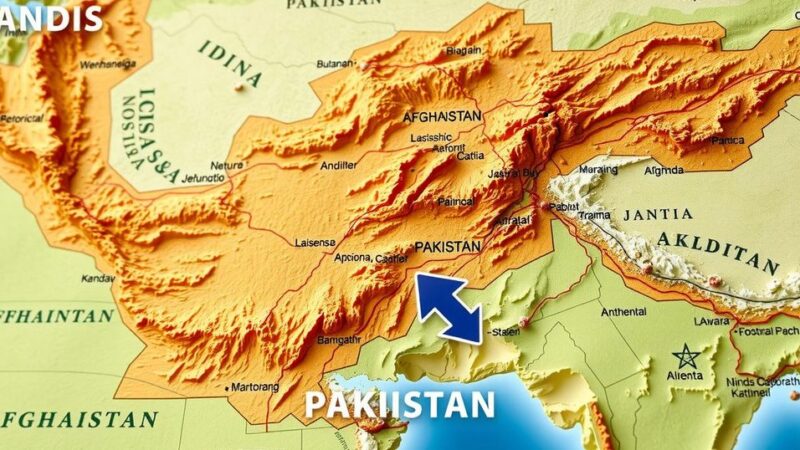Kenya confirmed the repatriation of four Turkish refugees upon Turkey’s request, raising concerns about potential human rights violations and breaches of international refugee law. The Kenyan government stated it has received assurances from Turkey regarding humane treatment, while Amnesty International condemned the act as a violation of refugees’ rights.
In a recent development, Kenya’s government has confirmed the repatriation of four Turkish refugees at the request of Turkey. The announcement was made by Foreign Affairs Principal Secretary, Dr. Korir Sing’oei, who stated that this action was taken in accordance with the established historical and strategic ties between Kenya and Turkey. The refugees—Alparslan Taşçı, Mustafa Genç, Huseyin Yesilsa, and Öztürk Uzun—were flown out of Nairobi last Friday and had been residing in Kenya under refugee status. Dr. Sing’oei assured that the Turkish authorities committed to treating the repatriated individuals with dignity and in accordance with both national and international laws. He emphasized that the Kenyan government prioritizes the well-being of the over 780,000 refugees currently in the country, while also indicating that further inquiries regarding this case would not be addressed until the inter-agency review is concluded. However, the action has drawn criticism from Amnesty International, which decried the repatriation as a violation of refugee rights and international law, citing concerns for the safety of the affected individuals.
The repatriation of refugees from one country to another, particularly in the context of international relations, often raises significant legal and ethical concerns. In this instance, the Kenyan government’s decision to comply with Turkey’s request for the return of Turkish refugees has sparked a debate regarding adherence to refugee protection principles set forth by international conventions. Organizations such as Amnesty International emphasize the risks involved in repatriating individuals to countries where they may face persecution, and they highlight the responsibilities of nations under national and international law to uphold the rights of asylum seekers. The case has implications for the broader landscape of refugee protection in Kenya, where there is a substantial population of over 780,000 refugees.
The repatriation of the four Turkish refugees by the Kenyan government underscores the complex interplay between international relations and refugee rights. While Kenya asserts its commitment to treating repatriated individuals with dignity, human rights organizations, including Amnesty International, have raised grave concerns about the legality and ethics of such actions. The situation calls for careful scrutiny and adherence to international protocols designed to safeguard the rights and welfare of refugees and asylum seekers.
Original Source: nation.africa







